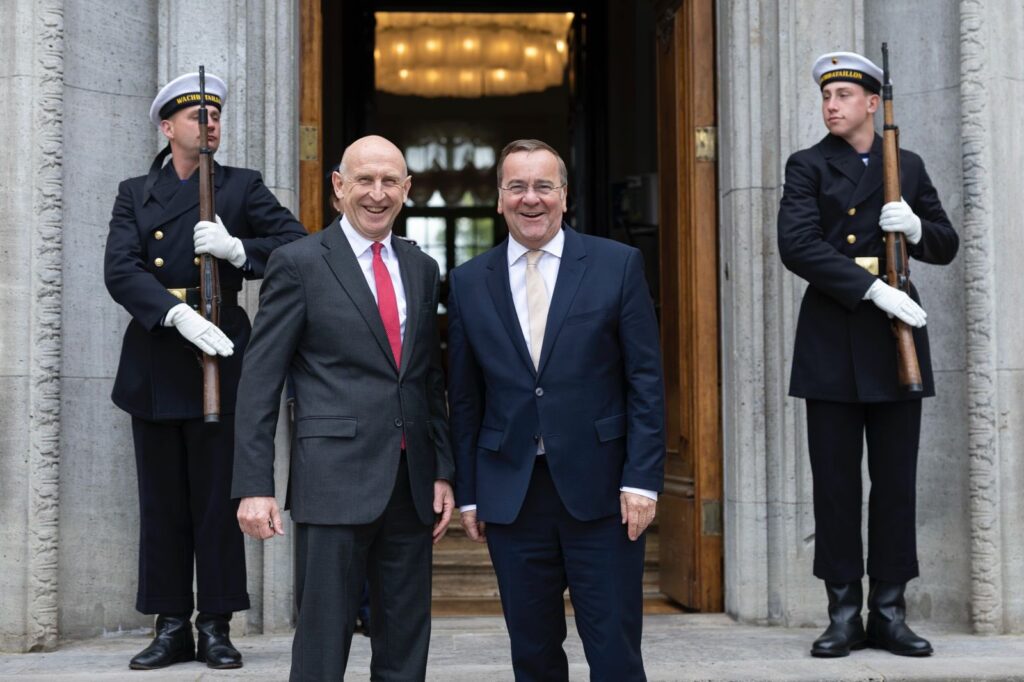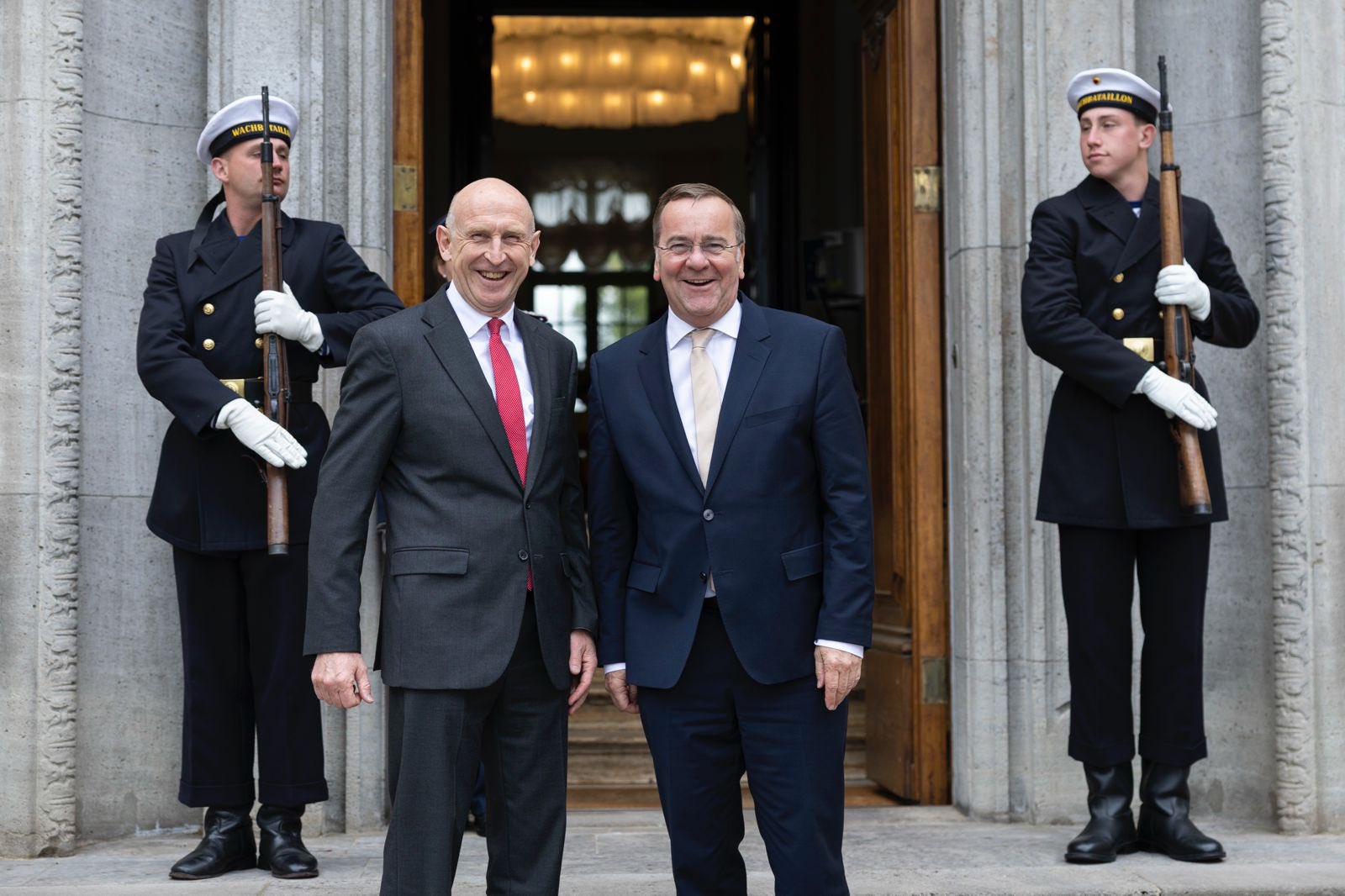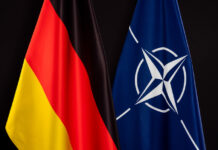The United Kingdom and Germany confirmed for the first time on 15 May 2025 that they will co-lead the development of a new European long-range strike capability with a range of over 2,000 km.
The initiative follows the signing of the landmark Trinity House Agreement on Defence Co-operation between the two countries in London on 23 October 2024, which was a first-of-its-kind bilateral defence agreement between the UK and Germany.
On 15 May German Federal Minister of Defence Boris Pistorius hosted UK Defence Secretary John Healey in Berlin for the first Trinity House Defence Ministerial Council. At the meeting they discussed progress under the agreement in terms of both deterring threats on NATO’s front with Russia to creating skilled jobs and driving investment in Germany and the UK.
The new 2,000 km precision deep strike capability will be among the most advanced systems ever designed by the UK, according to the UK Ministry of Defence (MoD), which stated that the weapon would “safeguard the British public and reinforce NATO deterrence while boosting the UK and European defence sectors”.
The MoD gave no further details about the 2,000 km deep strike weapon, but its development will presumably be led by European missile house MBDA, which has divisions in both the UK and Germany. MBDA had nothing to add about the development when approached by ESD.
The meeting in Berlin also focused on a joint procurement programme for BAE Systems-built Sting Ray torpedoes for the two countries’ Boeing P-8 Poseidon maritime patrol and reconnaissance aircraft; the Royal Air Force (RAF) has nine Poseidon MRA1s operational, while the Germany Navy has eight P-8As on order, with the first aircraft expected to be delivered by August 2025.
Since the Trinity House Agreement was signed in October 2024, German crews have joined RAF personnel in two flights on British Poseidon MRA1s. The RAF’s Poseidon fleet plays a crucial role in tracking Russian vessels near UK waters.
Meanwhile, a new commitment emerged out of the defence ministers’ meeting that will see Germany procure advanced British military bridges, which are made by the UK arm of Germany’s KNDS in Stockport, northwest England.
Healey stated of his meeting with Pistorius, “The UK and Germany have never been closer, and the Trinity House Agreement is already making a positive impact on our security and economy. This partnership is helping us make defence an engine for growth – creating jobs, boosting skills and driving investment across the UK and Germany.
“In a more dangerous world, NATO and European allies stand united. Together with Germany, we’re leading the way in supporting Ukraine, defending NATO’s eastern flank, and jointly investing in next-generation capabilities.”
Healey stated that the UK-German defence and security pact “is a relationship that will deepen further in the years to come”.














